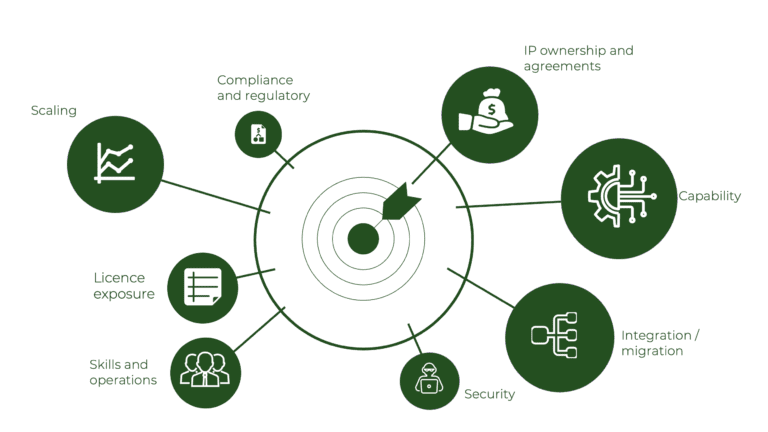Traditionally, due diligence examines financial records, compliance and legal before entering into a proposed transaction with another party. It is performed to confirm the facts or details of a matter under consideration – typically an acquisition. Due diligence will typically consider the structure, assets and liabilities that a business holds and is ultimately orientated towards delivering an accurate present and future valuation of a business.
However, as businesses have had to move to a digital-by-default world, the concept of digital due diligence (DDD) has arisen to give an accurate valuation of the digital capability of a company.
There have been some early, awkward attempts at this assessment which have typically focused on the “digital assets” of a company. This has often been limited to websites, search rankings etc., attempting to deliver a financial value on the online presence of a business. This is, however, woefully inadequate for most businesses. To be of any real use, digital due diligence must go beyond a selection of what was typically perceived ten years ago as digital for a business, but should also encompass how a business operates its IP and technology.
This is because DDD must reflect that in a modern, integrated, data-driven world, businesses need to become more automated and make extensive use of technology to do so – the value of that company is inextricable from the value of the technology and how it is used to enable business operations.
This cannot be understated. There are traditional specialist tasks that are no longer attractive to a younger generation – anything from invoice processing and demand forecasting, to route planning and workforce optimization, insurance claims processing and pay-outs or even tracking components and stock through production, warehousing and distribution.
These are not capabilities that would be nice to be enabled by automation, they are tasks that MUST be replaced by automation. Consequently, the technology and digital capabilities that enable these tasks create a key aspect of the value of a business.
Read the full article in ERP Today.




